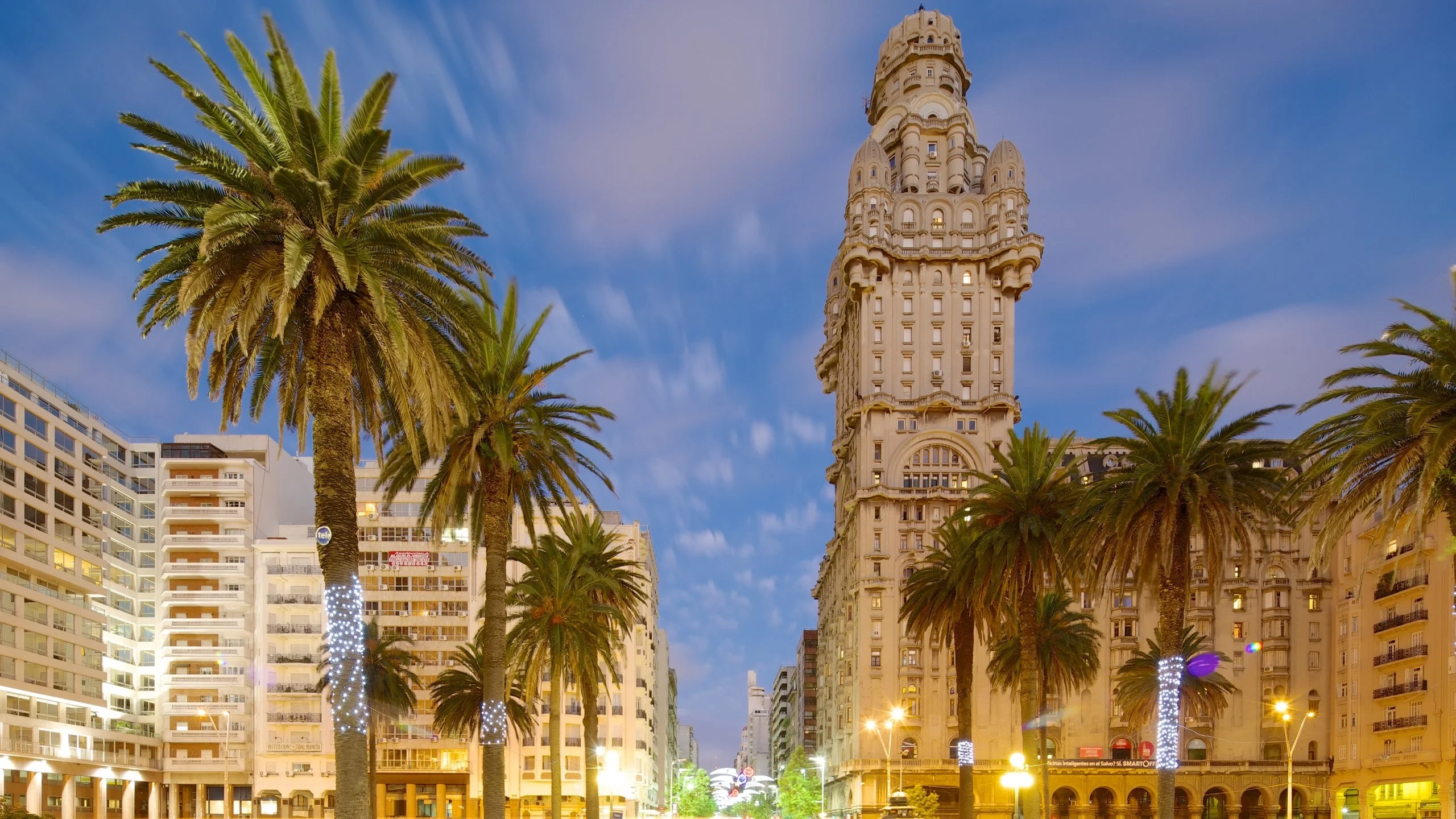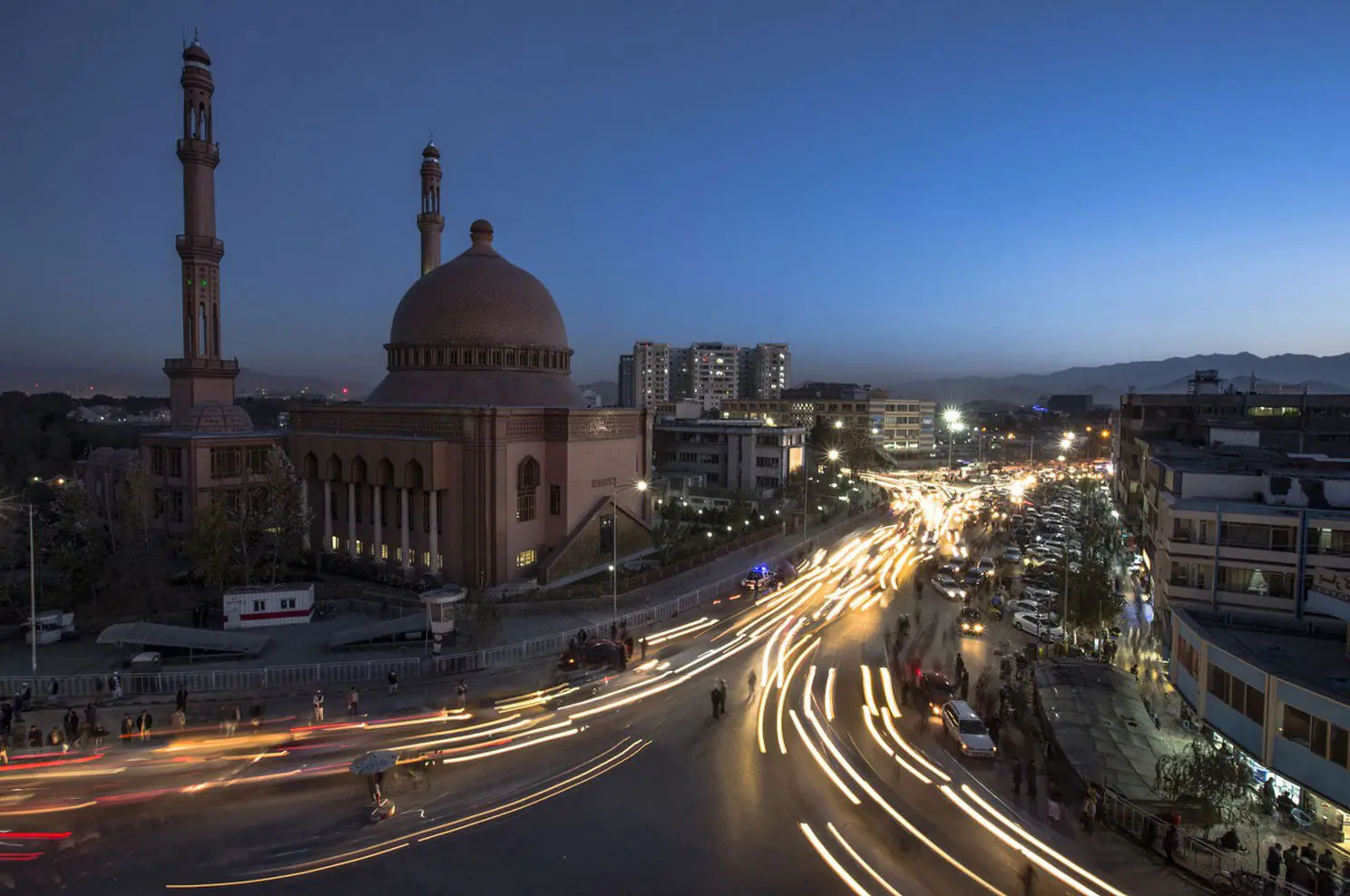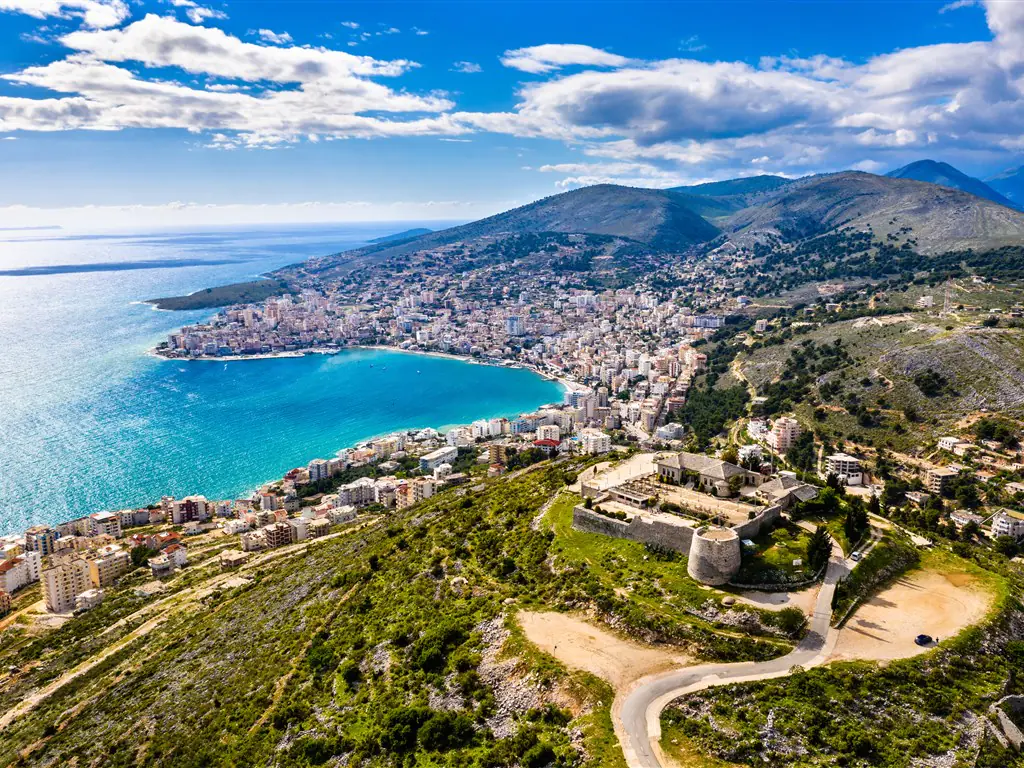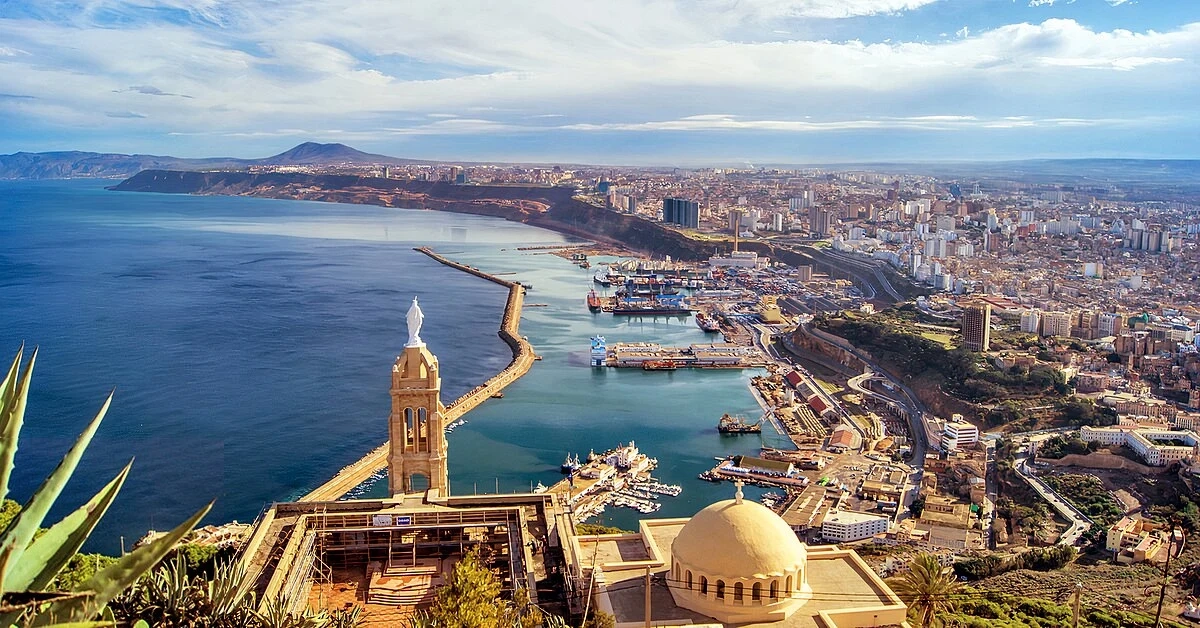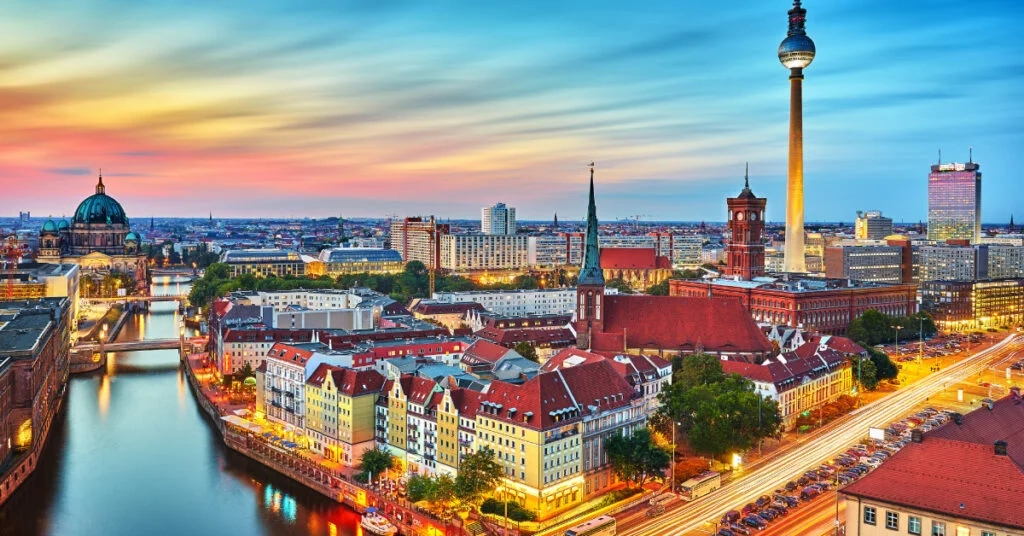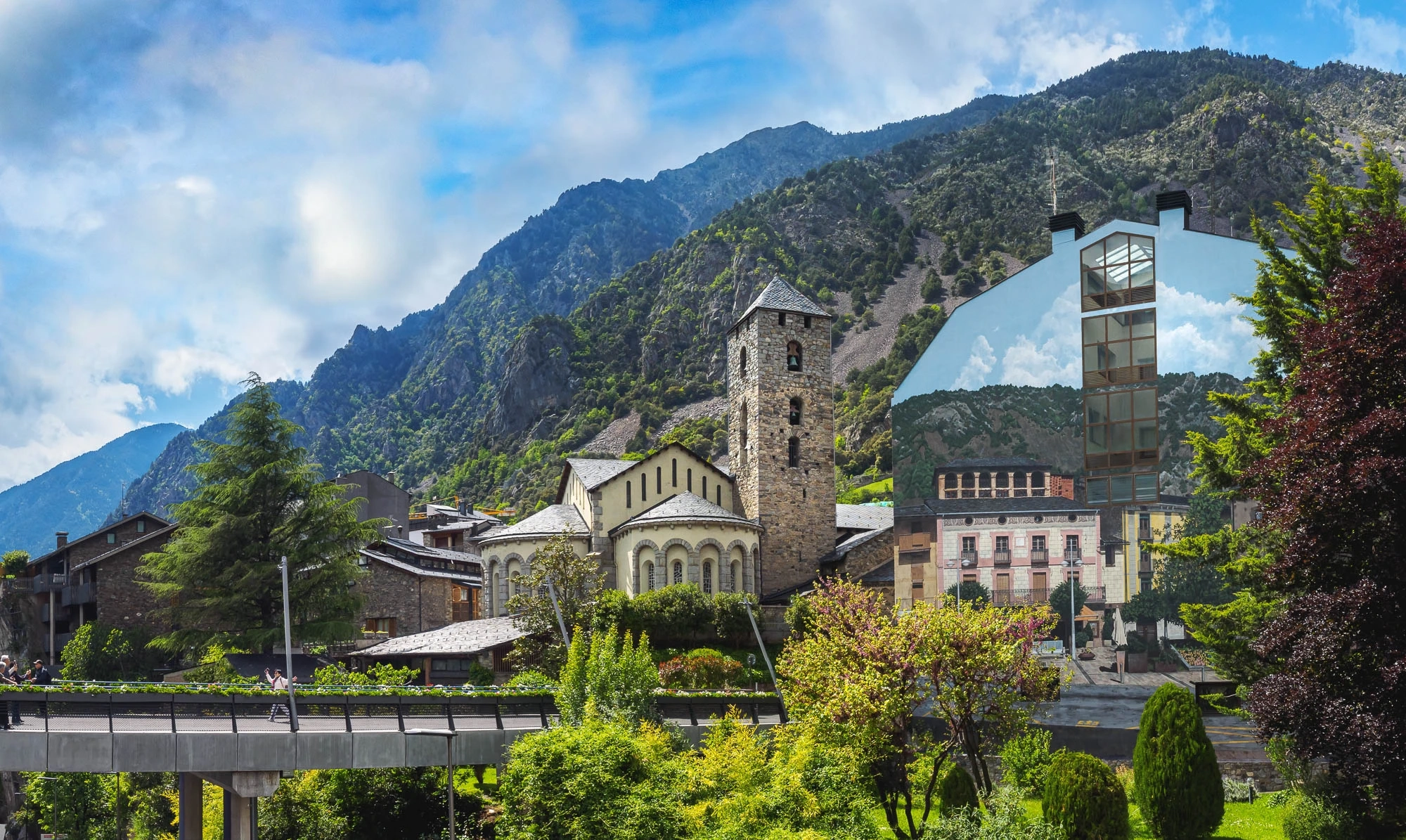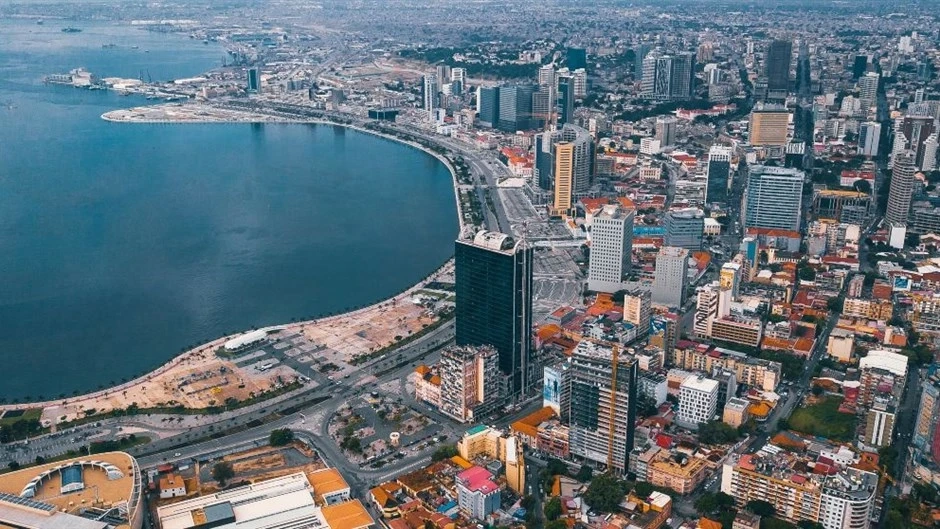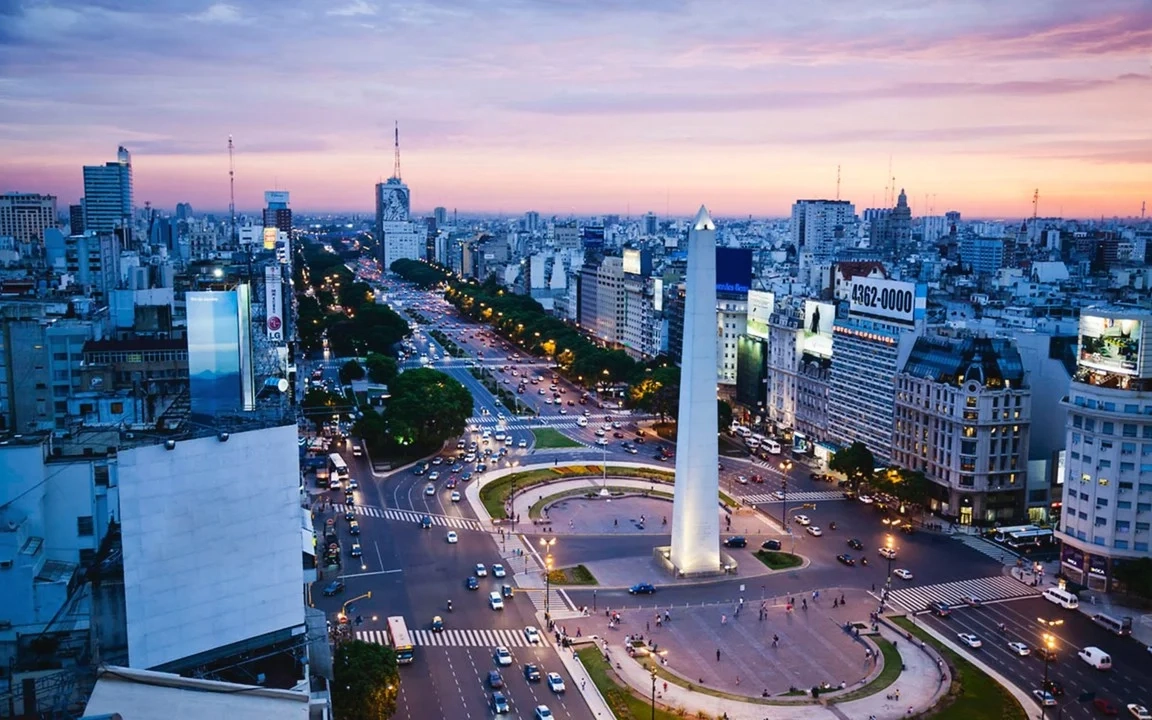1. Cost of Living: The cost of living in Uruguay is moderate. Rent, utilities, and groceries are generally affordable compared to some other South American countries.
2. Healthcare: Uruguay provides a good standard of healthcare, and both citizens and immigrants have access to public healthcare services. Private healthcare is also available for those who prefer it. Health insurance is recommended for additional coverage.
3. Transportation: Public transportation, especially in Montevideo, is well-developed and includes buses. Taxis are also widely available. Owning a car can be convenient, but it comes with additional expenses.
4. Food: Uruguay is known for its high-quality beef, and local markets offer fresh produce. Eating out at restaurants is common, and the cost of dining varies depending on the type of establishment.
The average cost of living in Uruguay can vary based on factors such as location, lifestyle, and personal spending habits. The average monthly cost of living for a single person in Uruguay is approximately $1,500 to $2,500 USD. This includes expenses such as rent, utilities, groceries, transportation, healthcare, and entertainment.
Pros of Living in Uruguay:
- Quality of Life: Uruguay consistently ranks high for its quality of life, offering a peaceful and safe environment.
- Political Stability: The country is known for its stable political environment, contributing to a sense of security.
- Cultural Richness: Uruguay has a rich cultural scene, with a strong emphasis on arts, music, and literature.
- Beautiful Landscapes: From pristine beaches to picturesque countryside, Uruguay boasts diverse and stunning landscapes.
- Healthcare: Uruguay has a well-regarded healthcare system, and access to quality medical services is available.
Cons of Living in Uruguay:
- Language Barrier: While many Uruguayans speak English, especially in tourist areas, knowledge of Spanish is beneficial for daily life.
- Economic Challenges: The country faces economic challenges, and job opportunities can be limited in certain sectors.
- Bureaucracy: Like any country, navigating bureaucratic processes can sometimes be time-consuming.
- Climate: The climate may not be suitable for everyone, with hot summers and cool winters.
- Public Transportation: Public transportation infrastructure may not be as extensive as in some larger countries.
1. Montevideo:
Capital City: Montevideo is Uruguay's capital and largest city, offering a vibrant urban lifestyle.
Cultural Hub: It is a cultural hub with theaters, museums, and a lively arts scene.
Beaches: Montevideo boasts beautiful beaches, including Ramírez and Pocitos.
2. Punta del Este:
Resort City: Known as a glamorous resort city, Punta del Este attracts tourists and expatriates.
Beach Lifestyle: The city features stunning beaches, upscale dining, and a lively nightlife.
Luxury Living: Punta del Este offers luxury residences and amenities.
3. Colonia del Sacramento:
Historic Charm: Colonia is a UNESCO World Heritage site with well-preserved colonial architecture.
Cultural Appeal: The city has a rich history and cultural attractions, making it a popular tourist destination.
Cobbled Streets: Charming cobbled streets and a relaxed atmosphere contribute to its appeal.
4. Salto:
Thermal Springs: Salto is famous for its thermal springs, providing a unique and relaxing environment.
Nature and Parks: The city is surrounded by natural beauty, including parks and the Uruguay River.
5. Canelones:
Wine Region: Canelones is situated in Uruguay's wine region, offering a serene countryside lifestyle.
Vineyards and Wineries: Residents can explore local vineyards and wineries, contributing to a wine-centric culture.
- Learn the Language:
Many Uruguayans speak Spanish, it is beneficial to learn the language to ease communication and integration.
- Financial Preparation:
Understand the cost of living in Uruguay and ensure that you have sufficient financial resources to support yourself. Open a local bank account and familiarize yourself with the country's banking system.
- Cultural Awareness:
Familiarize yourself with Uruguayan culture, customs, and social norms. Respect local traditions and engage with the community to foster positive relationships.
- Job Search and Skills:
Research the job market and potential employment opportunities in Uruguay. If possible, secure a job offer before relocating. Ensure that your skills align with the local job market.
